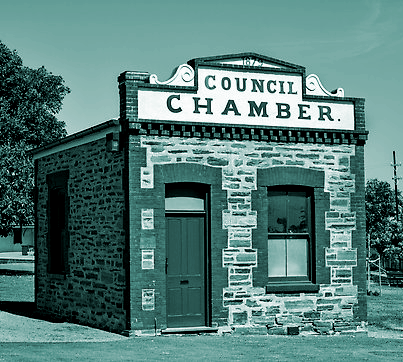Good talk pre-planning revealed in report
 Councils across NSW have rated highly in a review of the ways they engage and consult their communities on land use plans.
Councils across NSW have rated highly in a review of the ways they engage and consult their communities on land use plans.
A new report, commissioned by Local Government NSW, has found that councils have become increasingly proactive and innovative in their strategic planning engagement.
LGNSW’s report, Involving Locals in Local Plan Making, is available here.
“The report is based on in-depth interviews with 20 councils – from metropolitan, regional and rural areas – revealing there has been a significant cultural shift in the way councils engage their communities,” said president of Local Government NSW (LGNSW), Cr Keith Rhoades.
“Gone are the days where locals are expected to visit council offices to discover what is planned for the area. Councils are now going out to communities, informing them and seeking input on key planning issues before the plans are even started.
“Councils are using up-to-date communication techniques to develop proactive conversations. They are also engaging with communities earlier in the planning process,” he said.
The Coffs Harbour City Council recently received the Public Engagement and Community Planning Award from the Planning Institute of Australia’s NSW Division for providing a systematic communications plan and a dedicated website for the ‘Jetty4Shores Masterplan’ project.
Mayor Rhoades said although the NSW planning system has a question mark hanging over it, councils are increasingly confident about what works and what doesn’t when engaging with communities on planning.
“Better information, well presented exhibitions and two-way conversations are all needed. Talking to communities on plan-making issues can be contentious, but councils are learning from the past and are enthusiastically adopting new approaches,” Cr Rhoades said.
“What LGNSW’s research highlights is that NSW councils are adapting to change and instigating better practice to meet the needs of communities.
“As well as using the internet in connecting with the community, LGNSW’s report reveals the continuing importance of face-to-face conversations in informing communities on planning.
“Small interactive groups, such as forums, reference groups and workshops are all constructive ways of explaining complex issues and obtaining meaningful feedback,” said Cr Rhoades.







 Print
Print